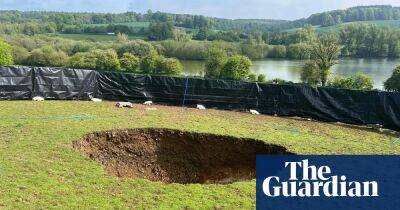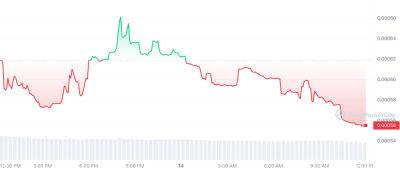Germany’s last three nuclear power stations to shut this weekend
Germany’s three remaining nuclear power stations will shut down on Saturday, 12 years after the Fukushima disaster in Japan accelerated the country’s exit from atomic energy.
The closures mark the conclusion of a stop-start approach to atomic energy and a victory for the country’s vociferous anti-nuclear movement.
The facilities shutting are in Emsland, in the northern state of Lower Saxony, the Isar 2 site in Bavaria, and Neckarwestheim, in Baden-Württemberg in the south-west.
The shutdowns leave a conundrum for energy policymakers attempting to balance growing electricity demand in one of Europe’s industrial superpowers and efforts to decarbonise, against the backdrop of uncertainty caused by the war in Ukraine.
Germany last year delayed the closure of the three sites – which provided about 6.5% of the country’s electricity in 2022 – after Russia reduced European gas supplies, triggering concerns about a shortage of energy over the winter.
The country began phasing out nuclear power more than two decades ago amid a long-fought campaign against the technology, but, in 2010 Angela Merkel, then chancellor, announced an extension to the life of the country’s 17 nuclear plants until 2036 at the latest.
This policy was swiftly reversed the following year after an earthquake and tsunami caused the meltdown of reactors at the Fukushima Daiichi nuclear plant in Japan, triggering fresh anti-nuclear protests and political resolve to exit the technology.
Nuclear accidents at Three Mile Island in the US in 1979 and Chernobyl in 1986 had already entrenched the push against nuclear in Germany, which had begun earlier in the 1970s. Germany has switched off 16 reactors since 2003.
The final shutdowns have raised questions about security of
Read more on theguardian.com
















